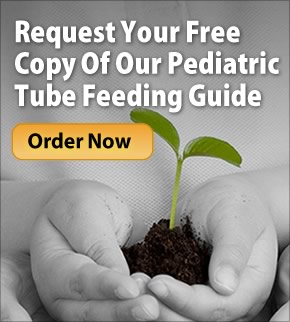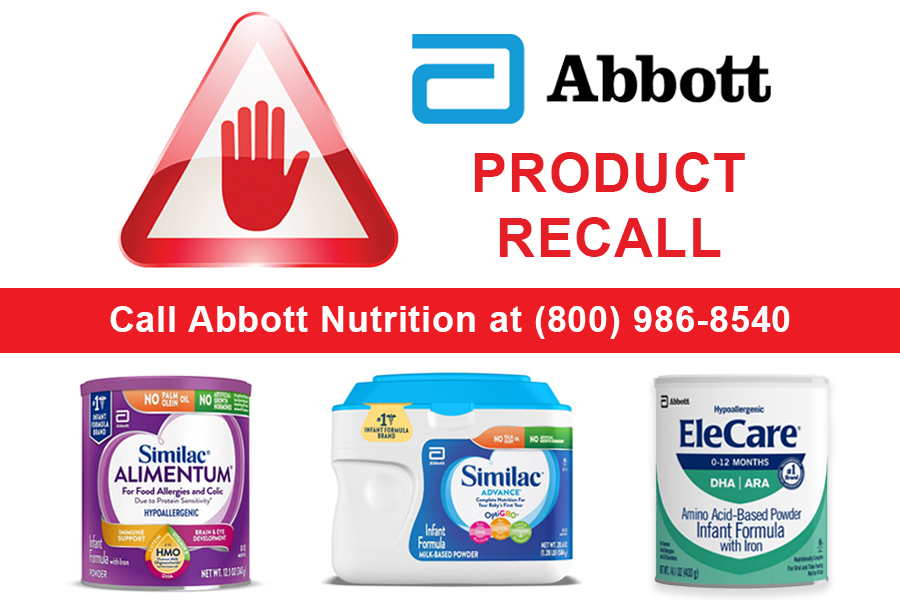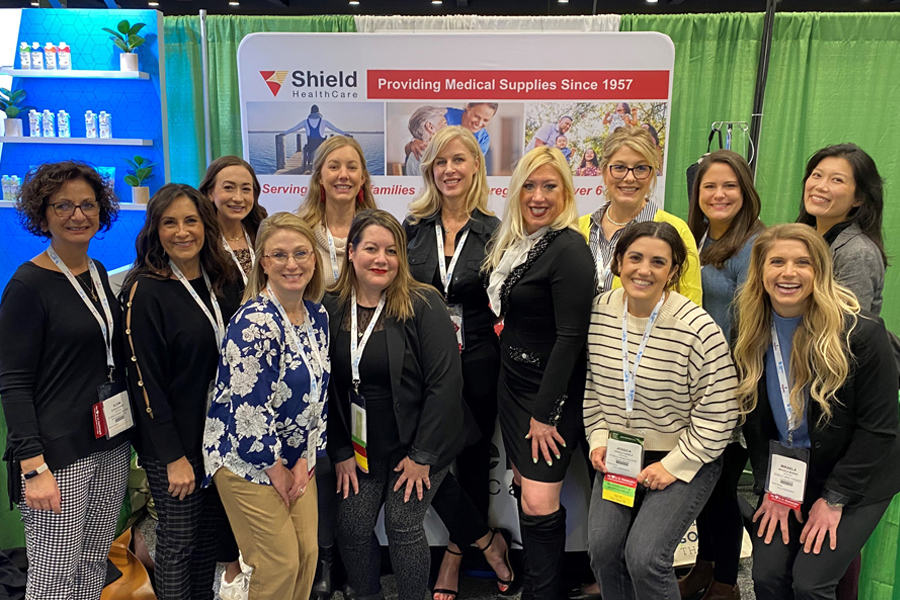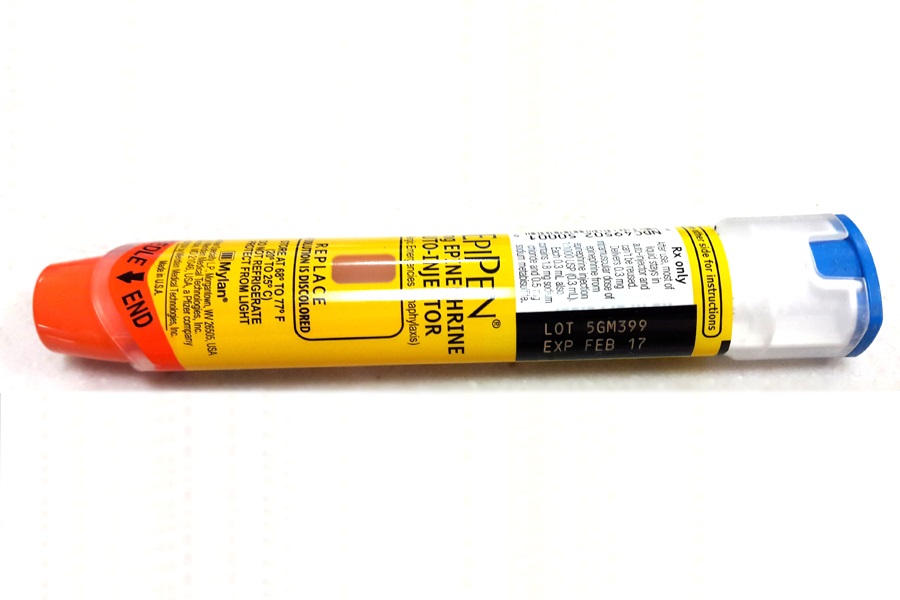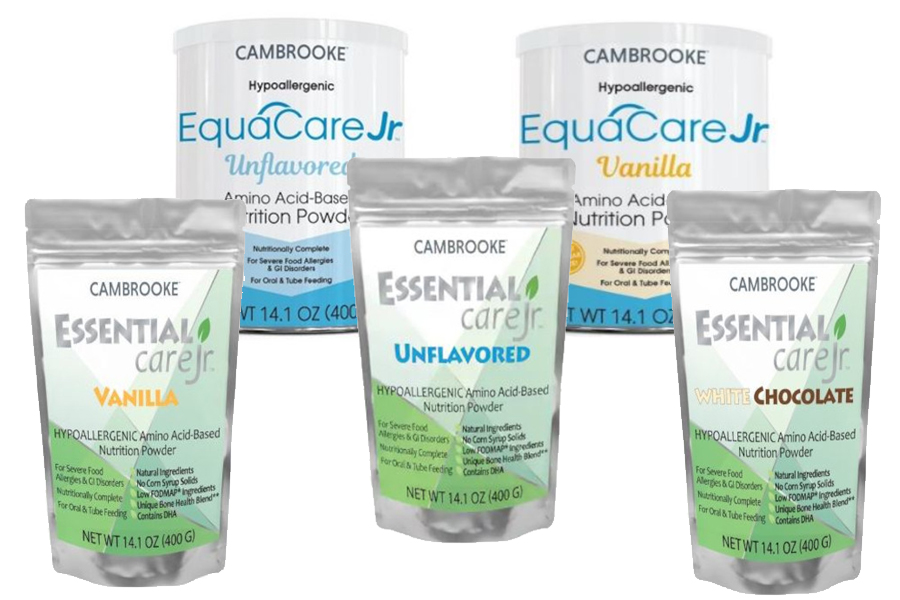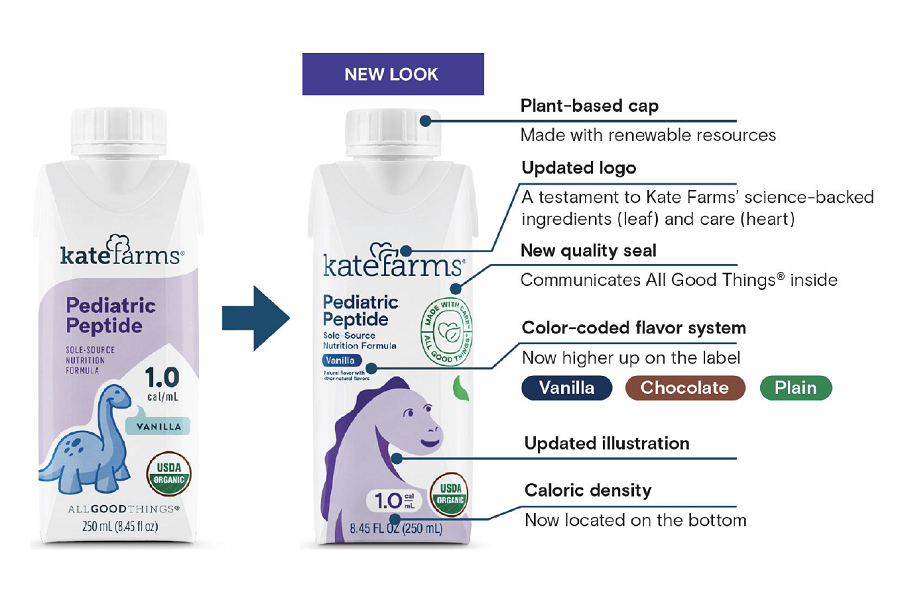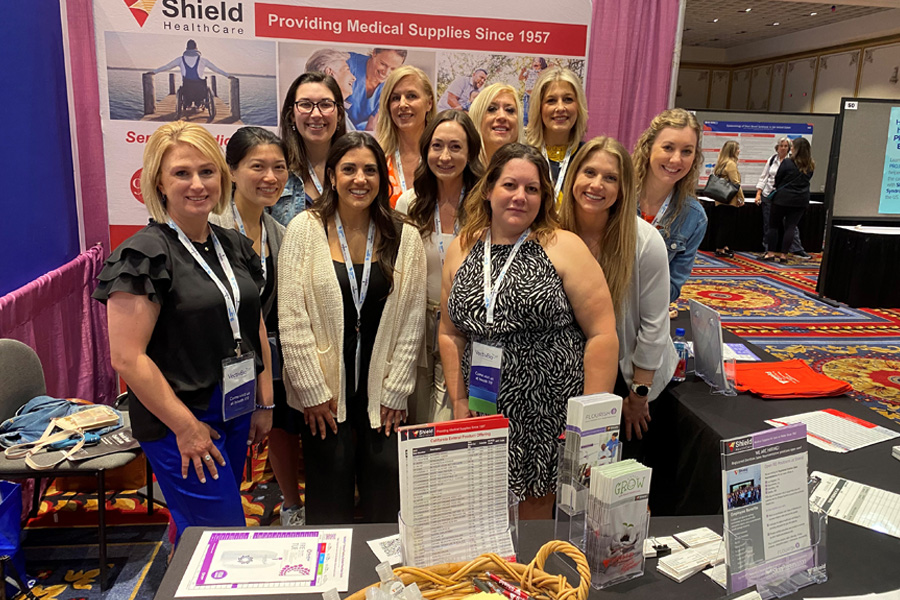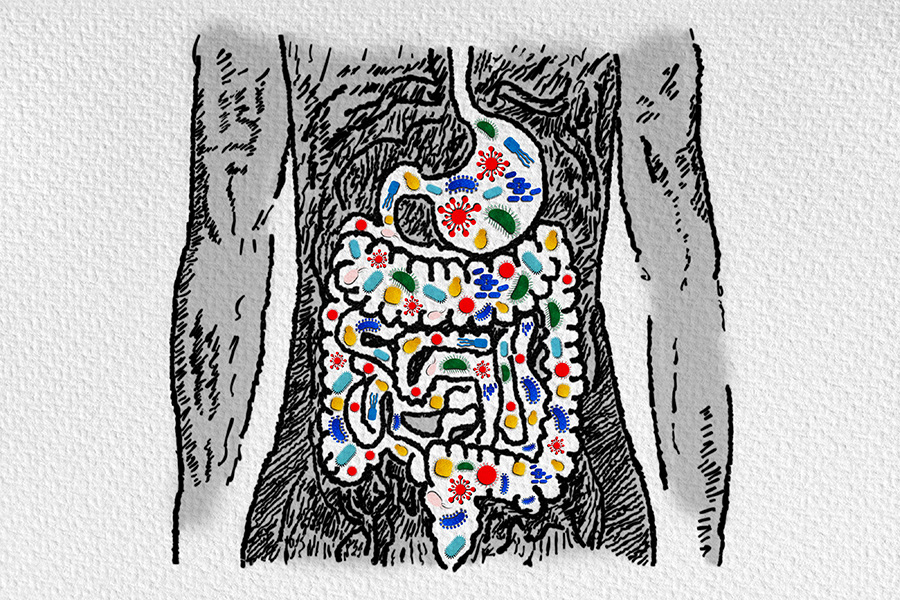Older adults with advanced dementia often experience feeding problems that lead to inadequate intake of food and fluids. Historically, feeding tubes have been placed to improve nutritional status and prolong life. Evidence suggests, however, that the use of tube feeding in this patient population is not effective at delivering these results and may actually do more harm than good. Assistance with meals and the provision of oral nutrition supplements may improve nutrition status with the added benefit of human contact.
It is the position of the American Geriatrics Society and the Alzheimer’s Association that percutaneous feeding tubes, or PEG tubes, are not recommended for older adults with advanced dementia.
Research shows that the risks associated with tube feeding outweigh the benefits in this population. Feeding tubes have not been shown to improve aspiration risk, pressure ulcer healing, nutrition status or mortality in advanced dementia patients.
Furthermore, tube feeding in elderly patients with dementia has been associated with worsened pressure ulcers, increased oral secretions, aspiration, tube site infections, agitation and the need for physical and chemical restraints. People with Alzheimer’s disease who are tube-fed do not do better or live longer than those who are orally-fed.
The American Geriatrics Society recommends assisted oral feeding with a patient-centered approach for those patients with feeding difficulties. According to the Alzheimer’s Association, assisted oral feeding provides food or water as desired along with the added benefit of human touch and contact.
Mealtime Strategies
Making mealtime enjoyable rather than an obligatory task is at the heart of the plan.
- Liberalize the diet to increase palatability and acceptance.
- Honor patient preferences.
- Reduce noise and clutter during mealtime.
- Train staff and caregivers on feeding strategies to improve intake.
- Offer snacks and oral nutrition supplements to increase calorie intake.
- Discuss feeding issues with patients and family members as soon as they arise.
Liquid Oral Nutrition Supplements
There is good evidence that supplemental drinks improve the nutrition status of this patient population.
In one study, older adults with Alzheimer’s dementia who drank two daily servings of a liquid oral nutrition supplement showed significant improvements in weight, body mass index and arm circumference compared to those who did not.
A review of 12 studies concluded that oral nutrition supplements have positive effects on weight and body mass index in older adults with advanced dementia.
Shield HealthCare carries a comprehensive selection of oral nutrition supplements, including Boost® and Ensure®.
Oral nutrition supplements for adults are now a covered benefit under Medi-Cal.
Reference
American Geriatrics Society: Feeding Tubes in Advanced Dementia Position Statement
Alzheimer’s Association: Assisted Oral Feeding and Tube Feeding
This article is is tended for educational use only and does not replace the advice of a medical professional. If you have any questions or concerns regarding your nutritional needs, contact your healthcare provider.








